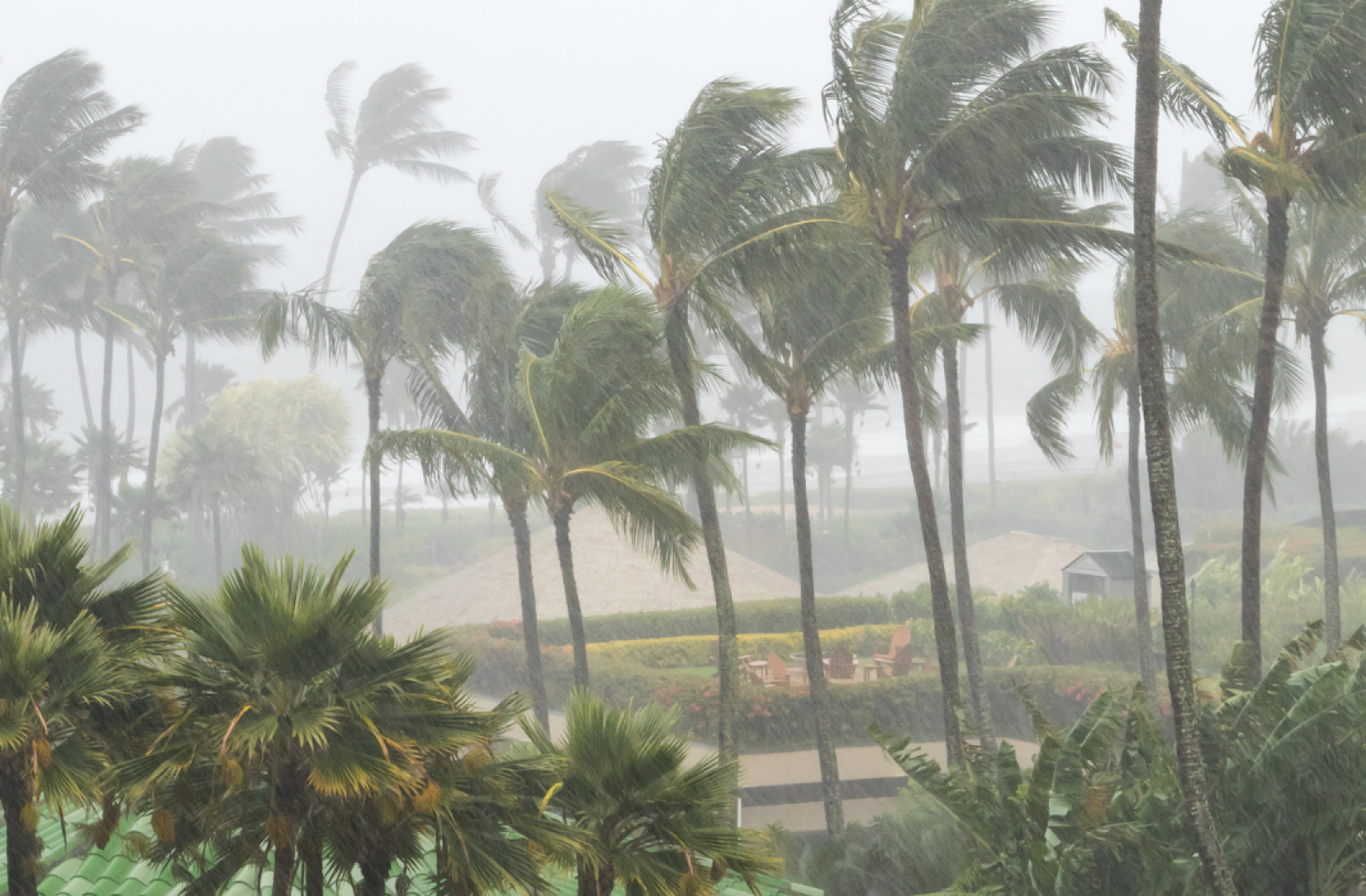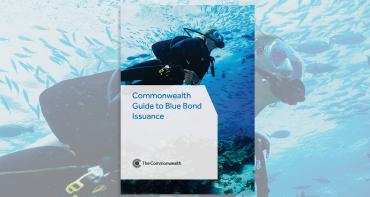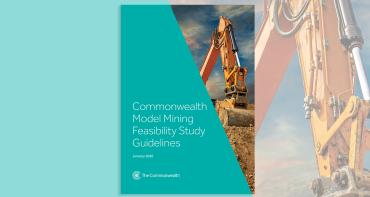By Dr Deepa Pullanikkatil, Commonwealth National Climate Finance Adviser to the Government of Fiji; Akil Crichlow, Assistant Research Officer, Climate Change, Commonwealth Secretariat; and Mxolisi Sibanda; Adviser, Climate Change, Commonwealth Secretariat.

In the past few years, we have seen increasingly frequent climate-related disasters. Not only are they becoming more frequent, but they are increasing in intensity. Just recently, Hurricane Beryl started as a Category Four storm in the Atlantic Ocean and later strengthened to Category Five strength, leaving damage and displacement in its wake— in multiple Caribbean islands, including Barbados, Grenada, Jamaica, Saint Lucia, and Saint Vincent and the Grenadines.
The World Meteorological Organization has said it is the earliest Category Five hurricane on record to have formed in the Atlantic in June. These unprecedented events call for innovative solutions.
Innovative solutions
Many countries may want to consider mitigating these climate-related disasters, and other hard-to-insure, risks by adding parametric insurance to their arsenal of tools. Parametric insurance, sometimes referred to as index-based insurance, offers agreed payments once an event reaches or exceeds pre-determined thresholds- or triggers. It also covers events that were seen as uninsurable, such as cataclysmic events like COVID-19. It may also buffer against other shocks, like low rainfall that affects agriculture.
This type of insurance offers rapid, transparent, and predictable pay-outs after significant shocks. It, therefore, minimises the financial impacts of such disasters, including climate-related or cataclysmic events, often reducing or eliminating the need to borrow. Parametric climate insurance is ideal for delivering immediate financial relief to vulnerable communities following climate-related disasters. Offering quick pay-outs, often within two to four weeks after a disaster event, enables a faster return to normality.
Demystifying parametric insurance
- Transparent - Parametric insurance provides an agreed pay-out when an agreed parameter is reached. These are usually precise and independently verifiable, e.g. a tropical cyclone with sustained wind speeds over 116 km/h.
- Predictable – As both sides have agreed upon the triggers for a pay-out and the agreed sum, there is no need for protracted assessments or negotiations.
- No loss required – Even if there is no damage, the pay-out will still be made.
Parametric insurance as a tool for climate resilience
Harnessing private sector finance represents innovation in climate adaptation, providing a crucial safety net for vulnerable communities and states. Parametric insurance may be a useful option for Commonwealth member states who need to protect themselves and their people from the multiple impacts of climate change. Parametric insurance may also be a useful inclusion in the loss and damage modalities that are now being discussed after the last COP28 meeting in Dubai.
As each country presents unique opportunities and complexities, parametric insurance is to be bespoke – tailored to cushion risks. It can also complement other resilience measures, like other insurance products or disaster risk reduction funds. The Commonwealth Climate Finance Access Hub (CCFAH) and the Commonwealth Living Lands Charter programme have been building the capacity of Climate Finance Advisers and engaging with experts and partners, such as the United Nations Capital Development Fund (UNCDF), to help countries determine what mix of products would best suit their needs, including index-based insurance products.
The Commonwealth includes vulnerable countries, such as small island developing states, which are susceptible to natural disasters and more significant climate impacts. For such vulnerable countries, the safety net that parametric insurance offers is now more crucial than ever, as the frequency of natural disasters is on the rise, impacting communities, economies, and ecosystems.
Media contact
-
Charmaine Wright Head of Media Relations, Communications Division, Commonwealth Secretariat
- +44 20 7747 6242 | E-mail



